SUMMARY
This is AI generated summarization, which may have errors. For context, always refer to the full article.
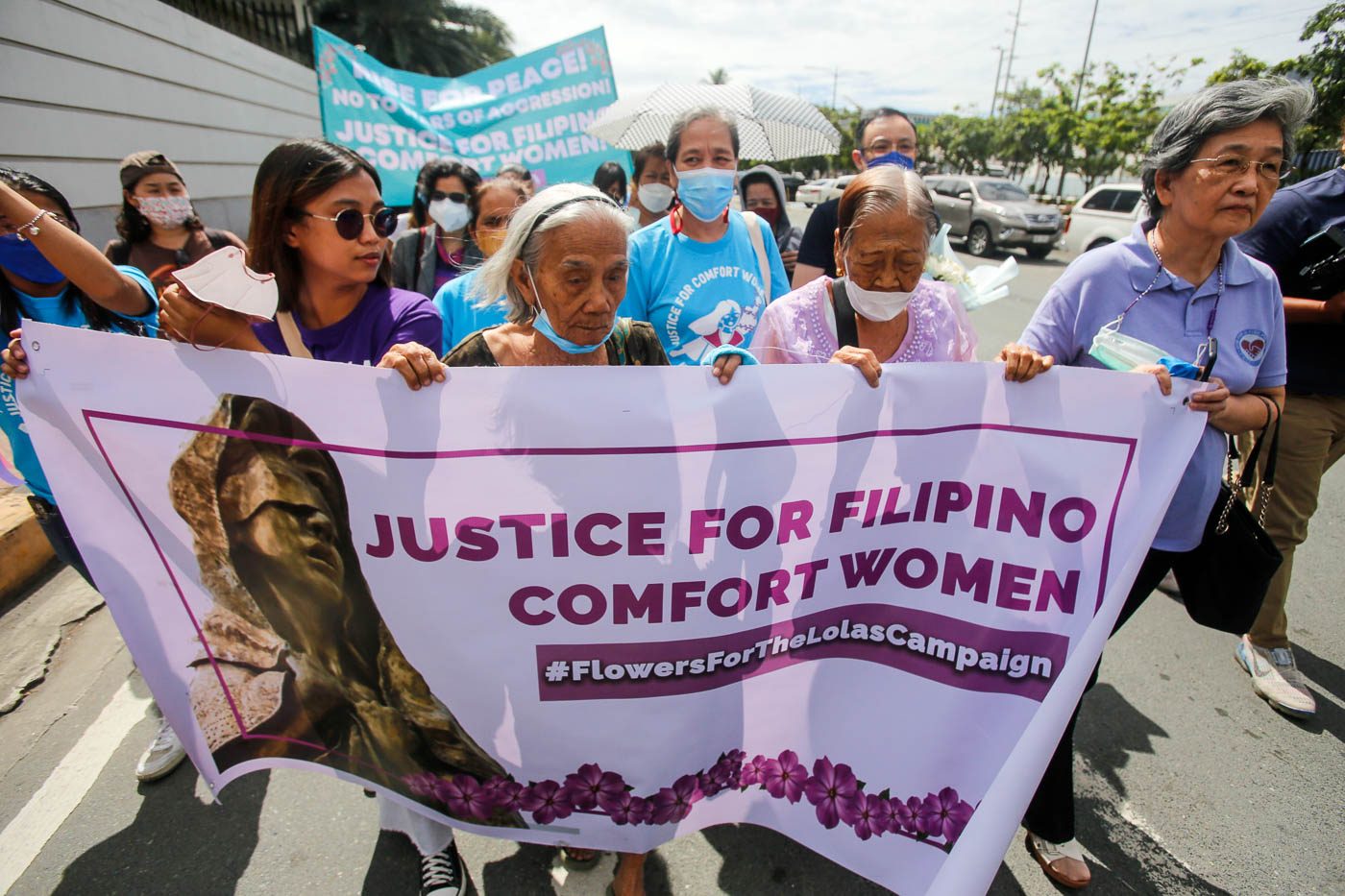
MANILA, Philippines – The Philippines “violated the rights” of Filipino women who were sexually victimized by the Imperial Japanese Army during World War II by failing to provide reparation, social support, and recognition commensurate to the harm they suffered, the United Nations (UN) women’s rights committee ruled.
On International Women’s Day, March 8, the UN Committee on the Elimination of Discrimination Against Women issued its 19-page decision on the complaint filed by the “Malaya Lolas (Free Grandmothers)” in 2019 appealing to the body to “urge” the Philippines to “provide full and effective redress and reparation, including compensation, satisfaction, official apologies, and rehabilitative services.”
Malaya Lolas, a nonprofit organization providing support to sexual slavery survivors (also known as comfort women), had asserted that the Philippines’ failure to support their cause resulted in discrimination up to the present time, since the State was not upholding their rights in the Convention on the Elimination of All Forms of Discrimination against Women (CEDAW), to which the Philippines is a State party.
The UN body ruled that the Philippines indeed breached its obligations under the convention. It also requested that the Philippines provide the victims full reparation, including material compensation, and an official apology for the continuous discrimination.
On Thursday, March 9, Virgie Suarez, one of the lawyers for the Malaya Lolas, called the decision a “landmark victory.”
“Let there be no more second generation of comfort women!” said Suarez in a statement posted by the Malaya Lolas Facebook page.
UN committee member Marion Bethel said, “This is a symbolic moment of victory for these victims who were previously silenced, ignored, written off, and erased from history in the Philippines.”
“The committee’s views pave the way for restoring their dignity, integrity, reputation and honor,” added Bethel.
Imbalance
On November 23, 1944, complainants Natalia Alonzo and 23 others were forcibly taken to the Bahay na Pula (Red House) – known to be the Japanese headquarters in Pampanga. The soldiers had looted and attacked the village of Mapanique.
“The entire Mapanique suffered from brutal and horrific attack of the Japanese soldiers… killing all the men at gunpoint and burning their bodies in front of girls [aged] 9 to 14. Still not contented, some of the young girls were repeatedly raped. The young girls are now the Malaya Lolas,” said Suarez.
The victims were detained in the Bahay na Pula for a day to three weeks, and were repeatedly subjected to rape, other forms of sexual violence, torture, and inhumane detention conditions by Japanese soldiers.
“Women and children suffer the most during wars and militarization – their bodies are used to refuel the soldiers during their rest and recreation; or as shields and often considered as mere collateral damage,” said Suarez.
In the decades after, the women said that they dealt with long-term physical, psychological, social, and economic consequences. These included physical injuries, post-traumatic stress, permanent damage to their reproductive health, and harm to their social relationships in their communities, marriages, and work.
The survivors said that they repeatedly raised their claims at the domestic level, urging the Philippines to fight for their claims and their right to reparations from the Japanese government. Philippine authorities dismissed these claims, maintaining that the country had already waived its rights to compensation after ratifying the Treaty of Peace with Japan in 1956.
Their last action was turned down by the Supreme Court in 2014.
The UN committee noted the waiver of rights to compensation via the treaty. However, it considered the complainants’ claim of continuous discrimination. It noted that the Philippine Commission on Women had not addressed the “institutionalized system of wartime sexual slavery, its consequences for victims and survivors or their protection needs,” the committee said in a statement.
Meanwhile, Filipino war veterans, who are mostly men, are entitled to “special and esteemed treatment from the government,” the committee noted. Veterans are entitled to educational benefits, healthcare benefits, senior citizen benefits, and disability and death pensions.
“Given the extreme severity of gender-based violence suffered by the victims, and the continuing discrimination against them regarding restitution, compensation, and rehabilitation, the committee concluded that the Philippines had breached its obligations under the convention,” the UN body said.
Particularly, the Philippines was found to have failed to enact appropriate laws and other measures to prohibit all discrimination against women, and protect women’s rights on an equal basis with men.
The committee recommended the following actions to be taken by the Philippine government:
- Ensure that the complainants receive from the Philippine government full reparation, including financial reparation proportionate to the physical, psychological, and material damage suffered
- Establish an effective, nationwide reparation scheme to provide all forms of redress to survivors of war crimes including sexual violence. It must ensure equal access for male war veterans and female survivors of sexual slavery to social benefits.
- Ensure that authorities remove restrictive and discriminatory provisions from laws and policies related to redress for civilian victims of war, including survivors of wartime sexual violence
- Establish a government fund to provide compensation and other forms of reparation to comfort women
- Create a memorial to preserve the site of Bahay na Pula, or establish another space to commemorate the suffering inflicted to the survivors
- Mainstream the history of Filipino women survivors of wartime sexual slavery in curricula of all academic institutions to avoid recurrence
“This case demonstrates that minimizing or ignoring sexual violence against women and girls in war and conflict situations is, indeed, another egregious form of violation of women’s rights. We hope that the committee’s decision serves to restore human dignity for all of the victims, both deceased and living,” Bethel said. – Rappler.com
Add a comment
How does this make you feel?
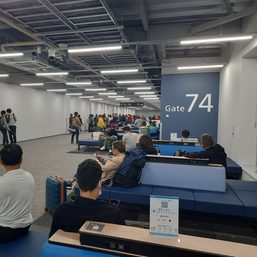
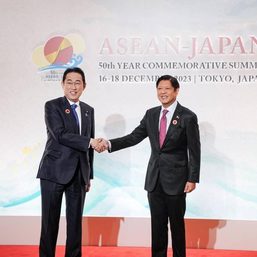

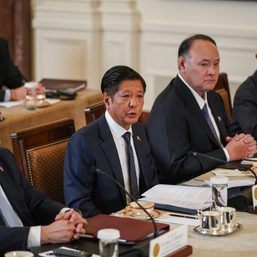



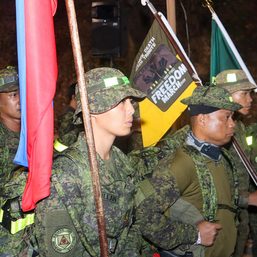
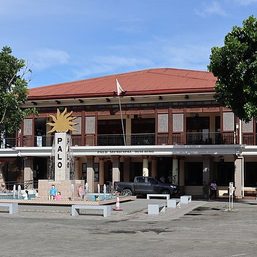

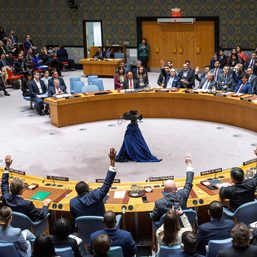

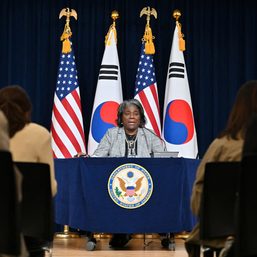


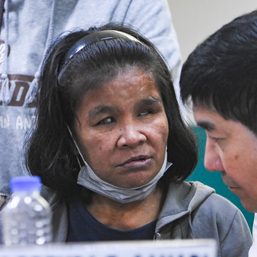
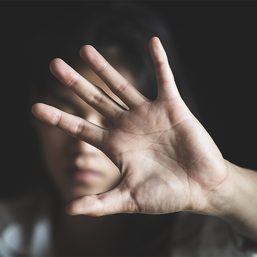
![[Free to Disagree] Arrest Quiboloy!](https://www.rappler.com/tachyon/2024/03/Free-to-disagree-arrest-quiboloy-March-11-2024-1.jpg?resize=257%2C257&crop_strategy=attention)


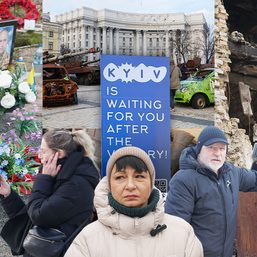
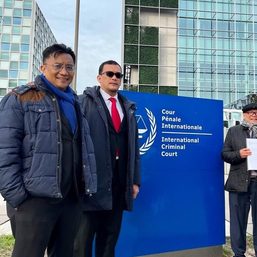

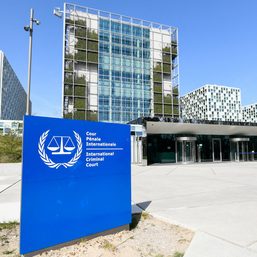


![[Dash of SAS] Making abortion a constitutional right](https://www.rappler.com/tachyon/2024/03/Its_true_-_Flickr_-_Josh_Parrish-1.jpg?resize=257%2C257&crop=125px%2C0px%2C768px%2C768px)
![[WATCH] Spoil me but respect me: A sugar baby’s story](https://www.rappler.com/tachyon/2024/03/titlecard-03.jpg?resize=257%2C257&crop_strategy=attention)
There are no comments yet. Add your comment to start the conversation.